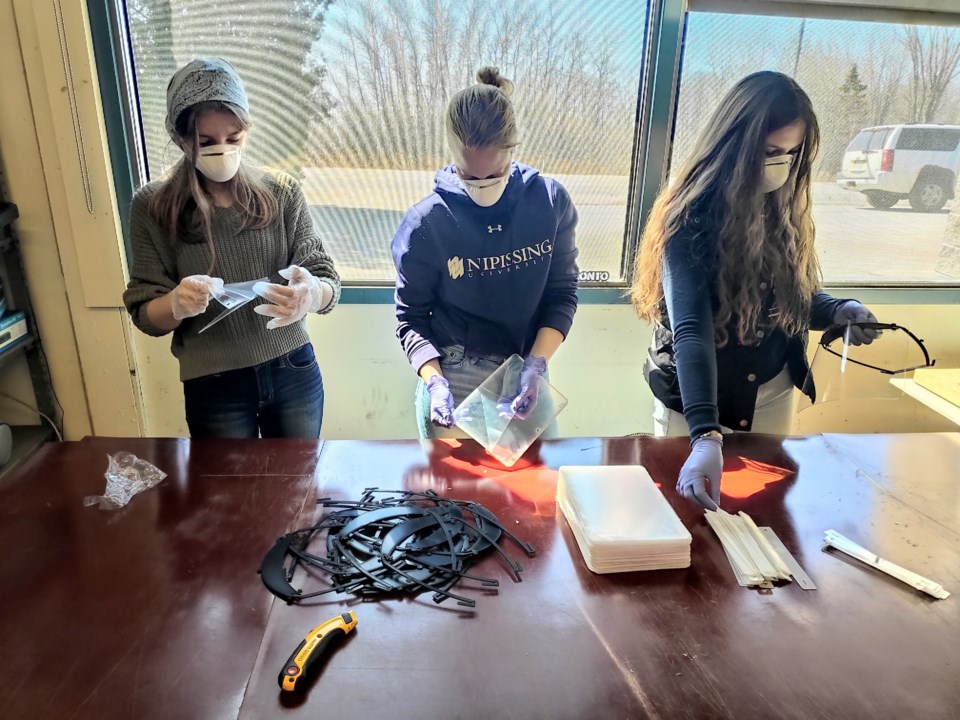This informational column was submitted to PrinceGeorgeMatters from Claire Nielsen, Health Coach, Author, Public Speaker and Founder of Aunty Claire's Elixir for Life Ltd.
There has been a significant amount of literature regarding mental health during COVID-19, but I wanted to give my brief input into handling fear during this pandemic, especially how it affects a family unit or close circle of friends.
First of all, we are not alone in how we feel.
All of us have felt something: dread, fear, apprehension, mis-trust, anger, repression, resentment…. the opposing feelings about COVID-19 have caused great dissension in social circles and within families. There are those that believe it is a real threat – and those in who think it is a hoax.
Criticisms, arguments, anger, judgement and resentment often erupts when someone has shared what they think or feel.
I urge everyone to put your relationships first.
COVID-19 should not have the power to tear us apart, especially in these times where our survival could depend on our support of one another. Please contemplate what the (overused) expression. “We are in this together,” really means.
It means we need to “Turn to each other, rather than on each other.” When we are fearful, we are stressed, when we are stressed our bodies create stress hormone chemicals designed to help us “fight or flee”.
If we don’t need to fight or flee in the present moment, we still need to purge those chemicals (cortisol, adrenaline, testosterone…) so we become agitated and often aggressive with one another. Recognize this as a form of fear.
Fear is a lack of presence. I love the acronym for FEAR: Future Expectation Appearing Real.
Fear is all about the future, and robs us of our presence. As we become more present, fear diminishes. Mindfulness is being aware of our thinking and what we are feeling at any given moment and asking ourselves if it serves us or if it causes us to sink deeper into fear and/or 'victimness.' We can decide whether to continue that thought or shift gears.
The amazing thing is this: When you change your thinking from victim, to that of understanding and empathy – you feel empowered and stronger. Anger does not make you powerful – it turns you into a victim which is a very unempowered mindset.
Next time someone is angry or aggressive to you, pause and ask yourself, “What are they lacking that is causing them to feel this way?”
Remember too that intention does not = perception.
Next time you have the urge to snap at another, please pause and ask yourself if you are stressed and what you need to tend in yourself to feel less stressed.
I love Cognitive Behaviour Therapy, which is basically the ability to change one’s mind by thinking new thoughts. Some examples of my favourites: "I am safe, I am loved, I am worthy, Everything is going to be okay, I let go of anguish, I trust, I am here in this body, I have gratitude."
There are many thoughts that can move us out of stress, into a more peaceful present state of mind.
For years I have taught a course called “Drive your own Train,” which is designed to empower one to choose their thinking, and therefore their reaction and state of mind, becoming more present and finding a sense of inner peace in the process.
This is too big of a subject to go into in this limited space but anyone who is interested in more mindfulness practice can contact me.



